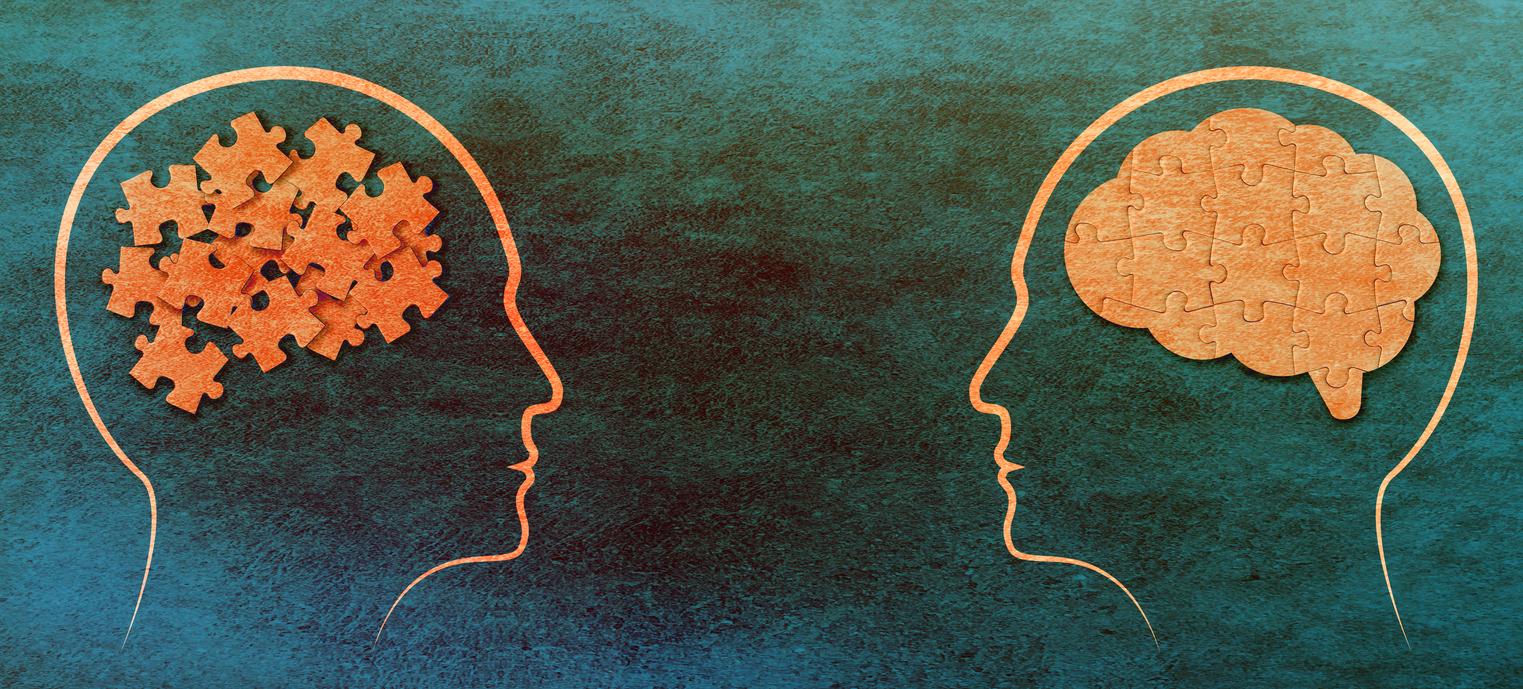While current Olympic women’s skateboarding competitions are dominated by teenage girls, a new study shows that the discipline improves young girls’ confidence and well-being.

- A British study shows that skateboarding among young women contributes to their mental health in several ways.
- Acceptance of their bodies and fluid physical creativity play a central role in this relationship.
- Girls who practice this discipline together are more able to experience the joy and calm of community skateboarding.
“Skateboarding is a popular sport that, although traditionally male-dominated, is increasingly being practiced by girls and young women. This increase in young women’s participation in a traditionally male-dominated sport led us to study the experiences of girls and young women who skateboard,” wrote researchers from Nottingham Trent University (England) in a study published in the journal International Review for the Sociology of Sport.
As part of the research, the team recruited 48 female skateboarders, aged 8 to 27, of varying abilities and using a range of approaches and styles, from urban and rural skateboarding spaces to determine the mental health benefits of skateboarding. The young women were asked about how the sport contributes to their wellbeing. Questions covered freedom and enjoyment, focus and flow, direct mental health benefits, social connectedness, body self-compassion and physical health.
Mental and body confidence contribute to female skaters’ mental health
According to the results, most of the participants surveyed responded that they benefited from a wide range of benefits from skateboarding. In detail, they spoke about the fun and excitement of the sport, especially the adrenaline rush, and the feeling of physical freedom that comes with confidence on the board.
In addition to their enthusiasm, volunteers also spoke about how the focus, fluidity of movement, and immersion required for skateboarding gave them a sense of well-being and calm. It also allowed them to be in the present moment without intrusive thoughts, which helped them escape from difficult life events. This deep focus was also linked to compassion and trust in the body.
Several young women spoke about the performative and competitive aspects of skateboarding and consciously distancing themselves from the constant desire to improve to avoid stress.
“I hope the philosophy in the skateboarding community will continue and encourage more young women” to take it up
While some find it more difficult to become full members of local skateboarding groups, others have benefited from the increased adoption and participation of skateboarding by young women, finding girl-dominated groups or regular girl-on-girl sessions at skateparks. “particularly benefited from the joy, calm and mutual recognition of sharing their skateboarding experiences with friends, and even talked about finding groups far from their hometowns and countries.”
“Skateboarding is often perceived as a risky and male-dominated activity, but it has the potential to promote better physical and mental health in young women and girls. (…) I hope that the philosophy of mutual support and encouragement present in the skateboarding community will continue and encourage more young women to take up skateboarding so they can experience the body confidence, social connectedness and excitement, joy and calm of skateboarding,” concluded Carrie Paechterlead author of the research.















